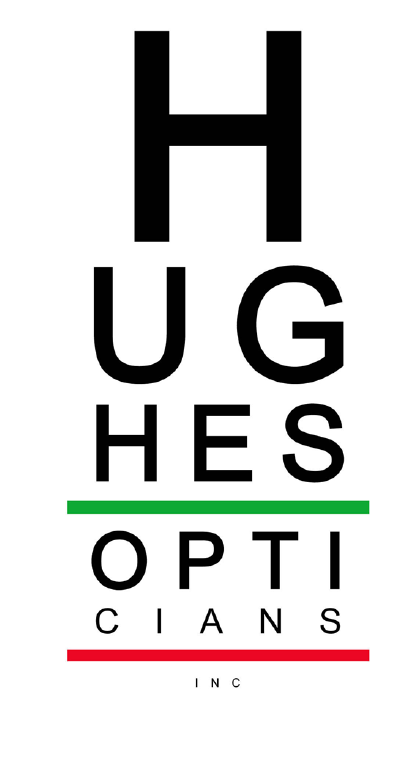
CONTACT LENS FITTINGS
Separate from a routine eye exam, a contact lens fitting is a special examination of the cornea during which the optometrist determines the proper curvature, size and power of your new contact lenses. The optometrist will also decide the appropriate wearing schedule to fit your lifestyle. If you have encountered any problems from wearing contact lenses, this is the ideal stage for the optometrist to identify and resolve them.
I & R (INSERTION AND REMOVAL) CLASS
In addition to the contact lens fitting, new contact lens wearers must participate in a one-on-one instruction class as to their use. During the class, the patient will practice inserting and removing contact lenses as well as learn about appropriate care for their prescribed type of lens.
ORDERING CONTACT LENSES
Most contact lenses arrive at our office within 1 to 2 business days of your order. Certain types of custom contact lenses may take longer to arrive. You can place an order for contacts via phone at 518-439-4971 or by email at [email protected].
If you wish to place an order by email you must include:
- First and last name
- Date of birth
- Address and phone number to which we are sending the contacts
- Type of contacts you wish to order
- Number of boxes you wish to order
- Credit card number and expiration date
We ship contact lenses using first class mail at no charge. If faster service is required, shipping charges may apply.
TYPES OF CONTACTS
Soft Lenses — Thin and gel-like, soft lenses conform to the curvature of your eyes to ensure they stay in place and offer maximum comfort. This is why soft lenses are the most popular type of contacts for patients with active lifestyles. Available in daily, weekly, bi-weekly, and monthly wearing schedules, soft lenses come in many types and can correct vision problems like myopia (nearsightedness), hyperopia (farsightedness), astigmatism, and presbyopia (multi-focal prescriptions). Our optometrist can help you decide which type will best suit your personal needs.
Rigid Lenses — Rigid gas-permeable (RGP) lenses are smaller and harder than soft lenses. While their rigidity can make them less comfortable to wear, gas-permeable lenses allow oxygen to flow more freely through them to reduce the chance of corneal irritation. Gas-permeable lenses can also correct certain refractive vision problems (such as high spherical or cylindrical powers in one's prescription) more accurately than soft lenses. Many people also find the durable and rigid nature of RGP lenses makes them easier to care for than soft lenses. To find out if RGP lenses are right for you, please talk to our optometrist.
